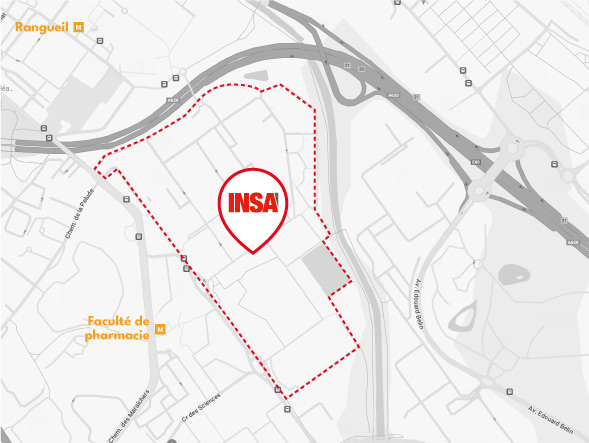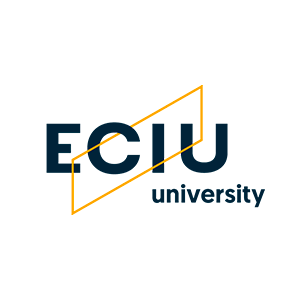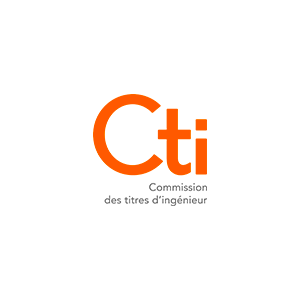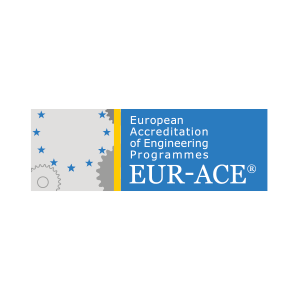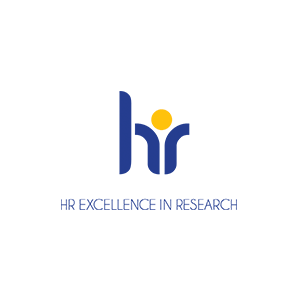Objectifs
At the end of this module, the student will have understood and be able to explain (main concepts):
- reactors with variable volume / flow rates
- yield and selectivity in multiple stoichiometry reaction systems
- reactor arrangements (series, parallel, plug flow with recycling)
- mixing mechanisms and their relationship to reaction progress
- influence of reactor non-ideality on conversion: residence time distribution (transfer function concept) and concentration distribution (mixing)
- the influence of temperature on reactor performance, notion of Optimal Temperature Progression
- the general equation for energy conservation in a reactor.
The student should be able to :
- calculate ideal open reactors under variable flow conditions
- calculate the size or yield or selectivity of ideal open reactors for multiple stoichiometry systems, and the conversion rate that can be achieved by arranging the reactors
- determine the DTS of a reactor
- apply a mixing or flow model to predict conversion in a non-uniform reactor
- calculate the POT for a given system
- establish and solve enthalpy balances for reactional and non-reactional systems.
Pré-requis
Ideal reactors, reaction rates and reaction progress parameters
Linear differential equations
Basis of Laplace transforms
Basis of transport phenomena
Basis of thermodynamics
Évaluation
L’évaluation des acquis d’apprentissage est réalisée en continu tout le long du semestre. En fonction des enseignements, elle peut prendre différentes formes : examen écrit, oral, compte-rendu, rapport écrit, évaluation par les pairs…






